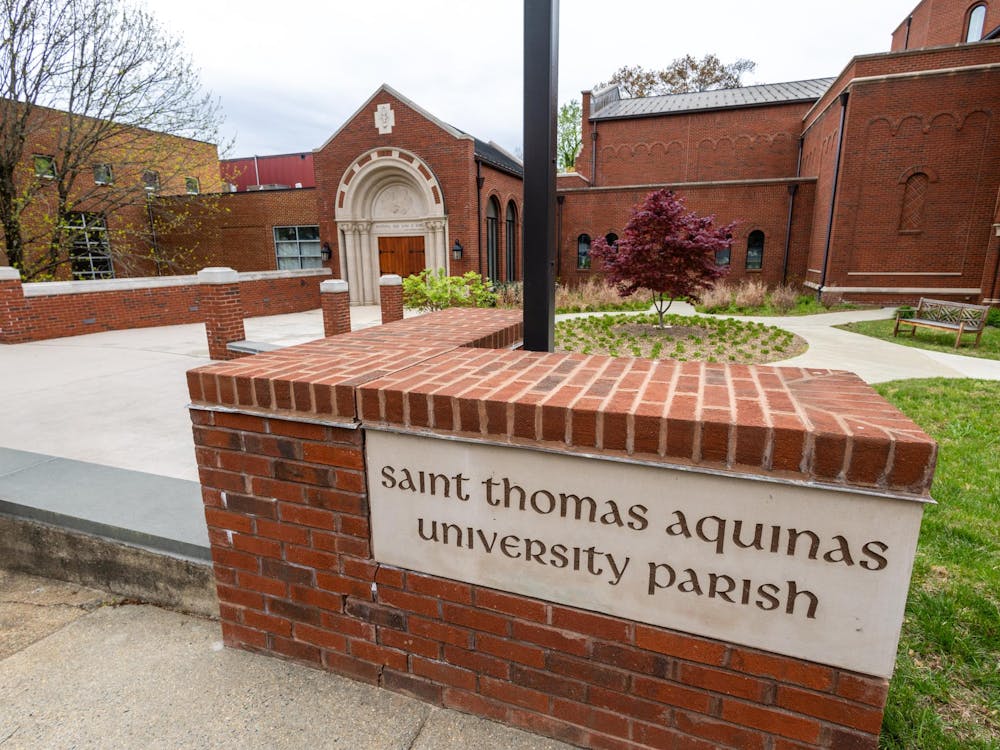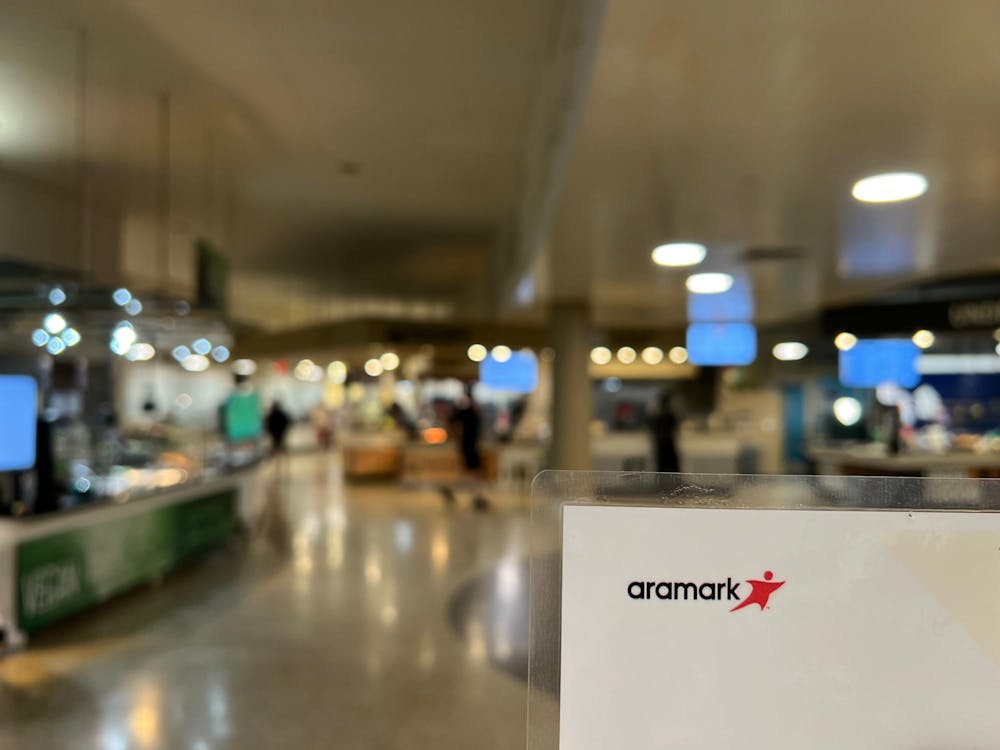In response to community criticism about the Charlottesville Police Department's months-long procedure of asking certain black men to voluntarily provide DNA samples in their search for the serial rapist, Police Chief Timothy Longo has temporarily stopped the practice.
Calling it a "common sense decision," Longo said that due to the level of concern raised in Monday's Clark Hall community meeting, the police department stepped back to "re-engineer the process."
"We decided to step back to look at our process to consider issues raised by the community and reach a common ground that is respectful of community values, but at the same time, allows us to continue our investigation," he said.
Although the department has had the ability to use the DNA sampling procedure -- called the "buccal swab" -- since April 2001, the serial rapist case was the first chosen to include it.
According to Longo, police have not acquired a buccal swab since Monday night.
In a private meeting tomorrow, Longo will present specific future plans and changes for investigation procedure to a handful of community representatives.
African-American Affairs Dean M. Rick Turner, who has voiced concern about the DNA sampling, said he will attend tomorrow's meeting and looks forward to a positive outcome.
Turner said the meeting itself is already a step in the right direction.
"I wanted both communities to talk and to come to some kind of agreement that the procedure should be changed," he said. "The community spoke, and the City listened."
Turner added that he expects Longo to solicit comments and suggestions on the new procedure.
In a letter sent to Longo yesterday, Kent Willis, the executive director of the American Civil Liberties Union of Virginia, listed the organization's own suggestions on how best the police can use a DNA dragnet.
"In the best possible world, [police] won't reinstate it at all," Willis said.
However, anticipating a reinstatement, Willis said the ACLU of Virginia is urging Longo to adopt restricted criteria for sampling that include: establishing probable cause, protecting individuals' privacy and informing people of their constitutional right to refuse.
In addition to the letter, the ACLU of Virginia has continued work producing a flier that will let people know they have a right to refuse a sample and ask them to contact the office to document a sample request, Willis said.
Longo said the Charlottesville police began using the buccal swab after attacks in November and April of last year.
Since that time, 197 African American men have been asked to submit to DNA swabs. A total of 10 have refused.
Despite recent community concerns about the use of the "DNA dragnet," Longo expressed confidence in the department's continued use of forensic science.
"If we take the opportunity now to ensure that the procedure, and guidelines in place to support the process, are ones the community has confidence in, you can certainly continue to use it," he said. "Forensic technology, forensic science and the use of DNA have had remarkable success and we need to continue to take advantage of that value."
Above all else, however, Longo stressed the necessity of communication and collaboration.
Charlottesville's ability to "reach a common good" will not only better serve the city, but also act as a model for other communities, he said.
"I'm very confident that if this issue comes up somewhere in America, that community will be able to look at us and ask how did they deal with it in Charlottesville," Longo said.
The recent controversey has sparked significant national media attention. The Washington Post has been following the story and police officials said yesterday they were fielding calls from the MSNBC and Court TV networks.






